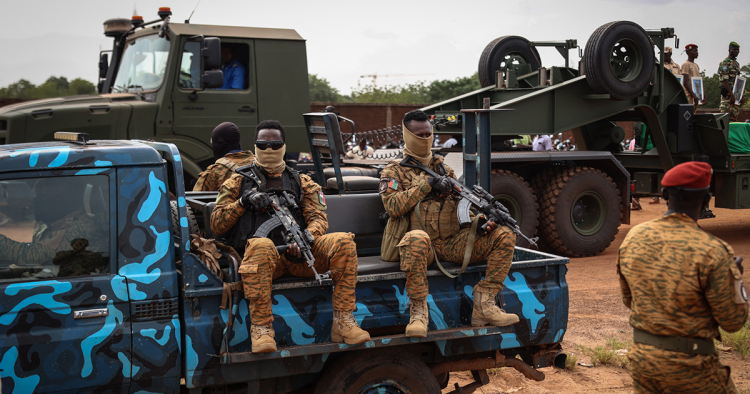US-Saudi mediated talks between Sudan’s army and the paramilitary Rapid Support Forces in Jeddah made a slight breakthrough on Thursday after signing an agreement that commits to protecting Sudanese civilians.
While the talks have not yet reached a final solution to the crisis that has gripped the country since April 15, the Jeddah Talks will continue with an aim to achieve a ceasefire for around 10 days to facilitate concrete steps, such as the safe delivery of humanitarian aid and withdrawal of forces from hospitals.
The talks will also discuss arrangements for further discussions to reach a permanent end to hostilities eventually.
Here is an overview of the deal signed on Thursday which consists of seven points aimed at alleviating the humanitarian situation of civilians and protecting their lives.
- Agreeing that the well-being of civilians is a top priority, ensuring that they are protected at all times and allowing them a safe passage to flee areas affected by the fighting.
- Respecting International Humanitarian Law and international human rights law which, for instance, obligate differentiating between civilians and military targets, not using civilians as human shields, and respecting public and private institutions.
- Agreeing on the need to allow principal humanitarian operations to resume by facilitating the unhindered passage of humanitarian aid and guaranteeing the freedom of movement of aid personnel, protecting humanitarian workers and not intervening in the work of humanitarian operations.
- Commit to make all efforts that respect the obligation of International Humanitarian Law.
- Allowing relevant actors, such as the Sudanese Red Crescent and/or the International Committee of the Red Cross, to take all steps needed to bury the dead in coordination with relevant authorities.
- Ensuring that all people operating under the instructions of the armed forces and the RSF abide by International Humanitarian Law.
- Prioritizing talks to reach a short-term ceasefire to ease the delivery of urgent humanitarian aid and restore essential services and committing to scheduling more expanded discussions to reach a permanent end to hostilities.
The fighting that began last month between army chief Abdel Fattah al-Burhan and his former deputy Mohamed Hamdan Daglo, who commands the RSF, has killed more than 750 people.
The violence has also prompted hundreds of thousands of people to flee their homes, with the number of people internally displaced within Sudan more than doubling in a week to more than 700,000, the UN’s migration agency said.
The United Nations estimates that 5 million additional people will need emergency assistance inside Sudan, while 860,000 are expected to flee to neighboring states that were already in crisis at a time when rich countries have cut back on aid.

